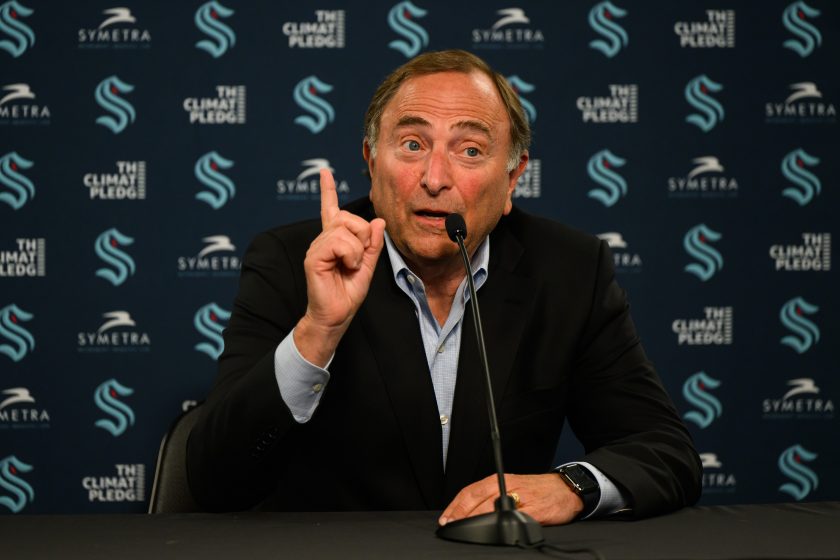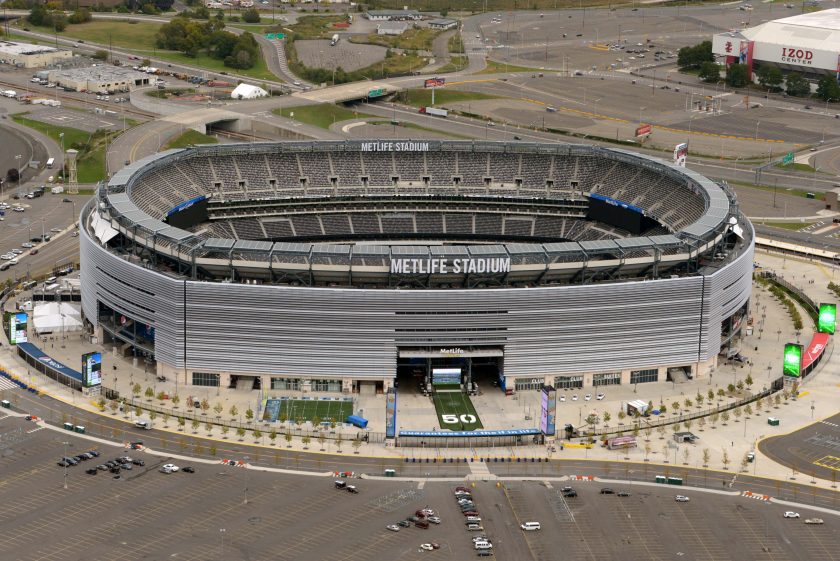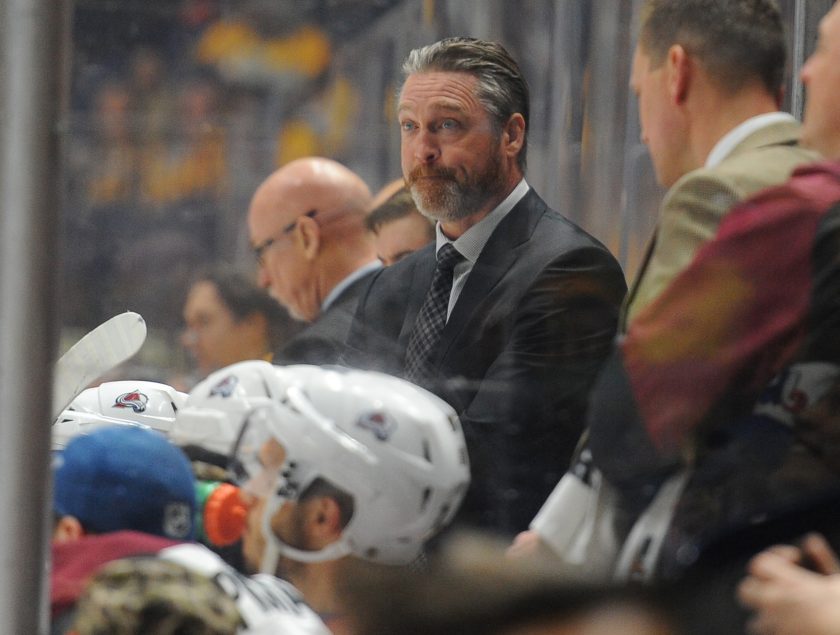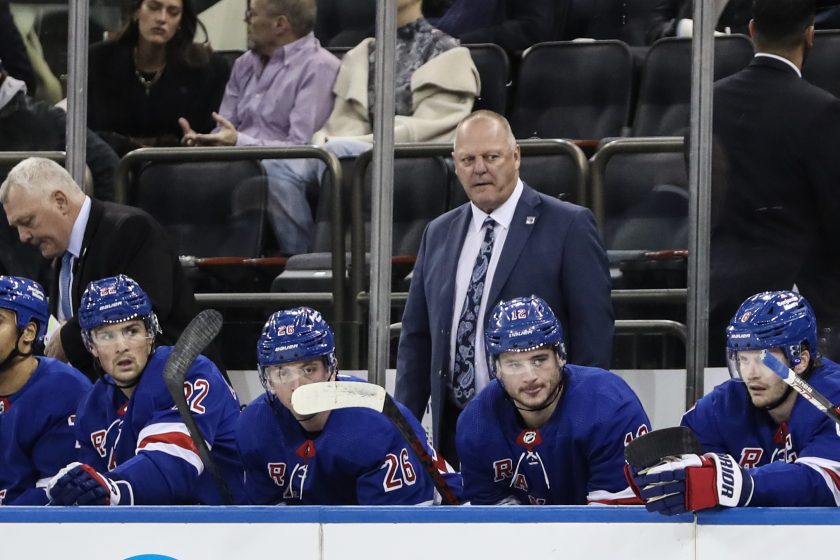New York Rangers: David Quinn needs to let the kids play
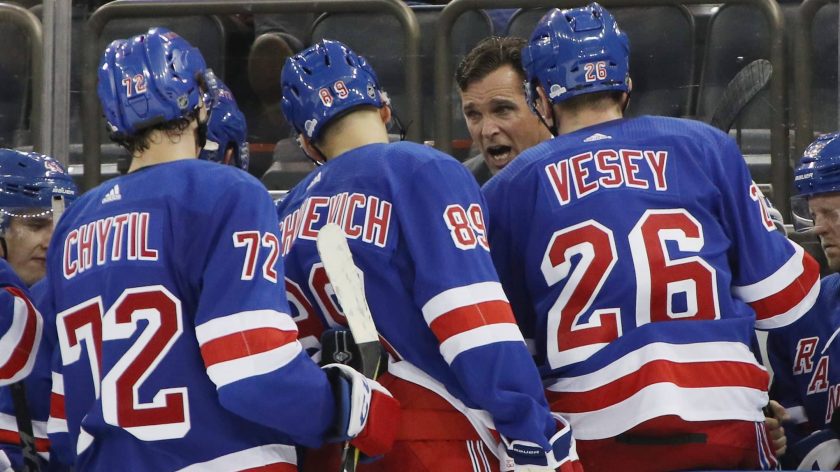
David Quinn and the New York Rangers are favoring the veterans thus far when the focus should be on developing the youngsters.
The New York Rangers find themselves in a very interesting position right now. The team is in the midst of a rebuild. Jeff Gorton conducted a complete trade deadline fire sale last season, in which they began stockpiling prospects and draft picks. Many veterans will likely be unloaded again come this year’s trade deadline, positioning the Rangers for an efficient rebuild.
While the Blueshirts have an extremely young and inexperienced roster, they have proven early this season that they are going to be a team that competes. This year’s squad is a hungry, resilient, and relentless group. They are not going to be the pushover that many predicted them to be.
Although the Blueshirts have found decent results at the outset of the season, the roster is not rich with talent. The team has been carried by its backbone, none other than Henrik Lundqvist, who has been magnificent thus far. Lundqvist is one of the only things preventing this team from bottoming out and contending for Jack Hughes, the expected first overall pick in the upcoming NHL draft.
Even though the Rangers boast an impressive list of prospects, they are probably lacking one standout youngster to build around. Vitaly Kravtsov could be that guy, but it’s too early to declare him New York’s savior. Jack Hughes, on the other hand, looks like he could be the second coming of Patrick Kane, another American who was the first overall pick.
Additionally, the fact that the Blueshirts are being led by a rookie head coach has inhibited their ability to tank, or in this case, “lose for Hughes”. David Quinn is still trying to establish himself and prove his worth as a head coach, so it’s obviously not a good look for him if his team is struggling. Quinn is stuck with this mindset, and it is hurting the Rangers’ future. The former Boston University bench boss is making decisions in an effort to help the Blueshirts win right now when instead he should be more focused on player development for the future.
It’s quite simple. David Quinn needs to let the kids play. For Jeff Gorton and coach Quinn, the 2018-2019 campaign should be a season focused on self-evaluation, not on winning games. This means that management should be giving the youngsters every opportunity to play so that they can see what they have in each of their prospects.
It’s hard to predict a player’s potential when they have little NHL experience, but it becomes easier when the players have a season under their belt. Moreover, the players will naturally start to develop and mature even sooner if they are getting NHL experience.
[sc name=”Rangers Center”]When looking at the New York Rangers current roster, let’s focus on five guys: Filip Chytil, Brett Howden, Pavel Buchnevich, Neal Pionk, and Tony DeAngelo. These are the guys that Quinn needs to evaluate and develop.
Filip Chytil is the most promising prospect of the group, as he really has the potential to be a star. However, the 19-year-old has averaged only 14 minutes of ice-time per game through nine contests thus far. Chytil needs to be given more playing time than this. If he’s given more of an opportunity, the Blueshirts could get a better glimpse of just how good he could be in the future.
The Czech forward should be playing on the power play, playing on the wing, and playing center, so that the coaching staff can figure out where he is most effective. Chytil will also be better served playing in New York’s top-six, as he will get to match up against the opponent’s top defensemen every night and have the chance to play on the same line with other very skilled individuals.
Pavel Buchnevich is the guy who would most benefit from this change in approach. The Russian winger is a super-skilled player, yet he hasn’t figured out how to put it all together at the NHL level. Buchnevich should be given every opportunity to succeed this season. He needs to be playing in the top-six, he should be getting power play time, and he should be in the lineup every time, as he has been known to respond unfavorably to the “tough love” approach.
Unfortunately, Buchnevich has appeared in eight games, and he has averaged a little under 15 minutes of ice-time, spending a lot of his time playing on the fourth-line. The 23-year-old is another guy who simply needs more time, and needs to play with other finesse players. This is a make-or-break season for Buchnevich and the fact that he has already been a healthy scratch this early in the season in uninspiring.
The final forward I’m looking at is Brett Howden. The 20-year-old center, acquired in the Ryan McDonagh deal, has been impressive so far. Howden provides the perfect example of why it’s necessary for the youngsters to have larger roles on the team this year.
Prior to the season, many had reservations about Brett Howden and were suggesting that people shouldn’t be too excited about him. They projected that at best Howden would be a solid third-line center. Early on this season, the Alberta native has been proving the doubters wrong. Howden has been very impressive, notching four points in his first nine NHL contests. Despite his excellent start, Howden has averaged under 15 minutes of ice-time thus far. It’s crucial that Quinn gives Howden more time-on-ice so that the organization can assess whether Howden really has the potential to be a top-six forward, or whether his hot start has been a fluke.
That brings us to the defense, where the Blueshirts have a bit of a logjam. Brady Skjei is the only member of this group that has truly earned the right to be on the ice every night. The status and large contracts of Brendan Smith and Kevin Shattenkirk will keep them in the lineup, while Marc Staal’s captaincy will keep him out of the press box. Adam McQuaid could get playing time just so that he can be showcased for a trade, and Fredrik Claesson has played well but, he recently suffered an injury and doesn’t have a long-term future on Broadway.
[sc name=”Rangers Link Related” link=”https://elitesportsny.com/2018/10/23/new-york-rangers-scoring-problems-diagnosing-fixing/” text=”New York Rangers Scoring Problems: Diagnosing And fixing” ]Then there’s Neal Pionk and Tony DeAngelo. Pionk began the season in the lineup but was then scratched for two games before being reinserted. Pionk has responded favorably, totaling a whopping six points in his last three games. The 23-year-old has produced offensively, but his play in his own zone has been a cause for concern, as Pionk is a minus-four through seven contests. Before estimating what the future holds for Pionk, we need to see him playing alongside another capable defenseman. Brady Skjei fits the bill. Pionk should be playing on the first-pairing with him.
DeAngelo, on the other hand, has gotten off to an even tougher start, as the 23-year-old has appeared in only two of nine games. The confusing part is that he has played okay, with two assists and a plus-one rating. What the Rangers must do is make a decision on DeAngelo, who was acquired in the trade that sent Derek Stepan to Arizona. DeAngelo is now in his third year in the NHL, but he hasn’t truly been given a shot yet.
David Quinn needs to put the young defenseman in a favorable position, and see if he is successful. He needs to commit to playing DeAngelo for a string of 20 games, and then make a determination on him. If he plays well and the Rangers believe he has a future as an NHL blue-liner, then great. Keep him in the lineup and let him play. But if he plays poorly and they decide that he is not an NHL-caliber defenseman, then he could be traded or sent down to Hartford as long as he clears waivers. DeAngelo is gaining nothing by serving as a healthy scratch every night. They need to give him a chance and make a decision.
This can be a very productive year for the Rangers. It might not be reflected in the standings, but the Blueshirts can achieve a lot by preparing for the future. They have the opportunity to figure out whom they can build around, and get a better look into what the future holds for many of their young prospects. But in order to do so, David Quinn needs to let the kids play.
[sc name=”Twitter Follow Link” text=”Brian” username=”@BrianPaget17″ ] [sc name=”Rangers Link Next” link=”https://elitesportsny.com/2018/10/24/why-the-new-york-rangers-need-to-stay-away-from-william-nylander/” text=”Why The Rangers Should Stay Away From William Nylander” ]Brian Paget has been a diehard New York Rangers and New York Jets fan since 2007. He is an aspiring young journalist, who is thrilled to be writing for Elite Sports New York. Brian will be covering the Blueshirts and the Jets for ESNY. He is currently a member of the NHL's Youth Advisory Board, and previously served as a Staff Writer for a Rangers website entitled BlueshirtsNation. You can reach Brian via E-Mail at brianhockey10@gmail.com, and find him on Twitter at @BrianPaget17.



